Jewish holidays are observed in various ways. Some are marked most notably by rituals that are performed at home, while others are largely observed in the synagogue and have specific liturgies associated with them. Below is a chronological listing of the annual cycle of Jewish holidays along with a guide to the specific blessings and prayers that are recited.
Rosh Hashanah
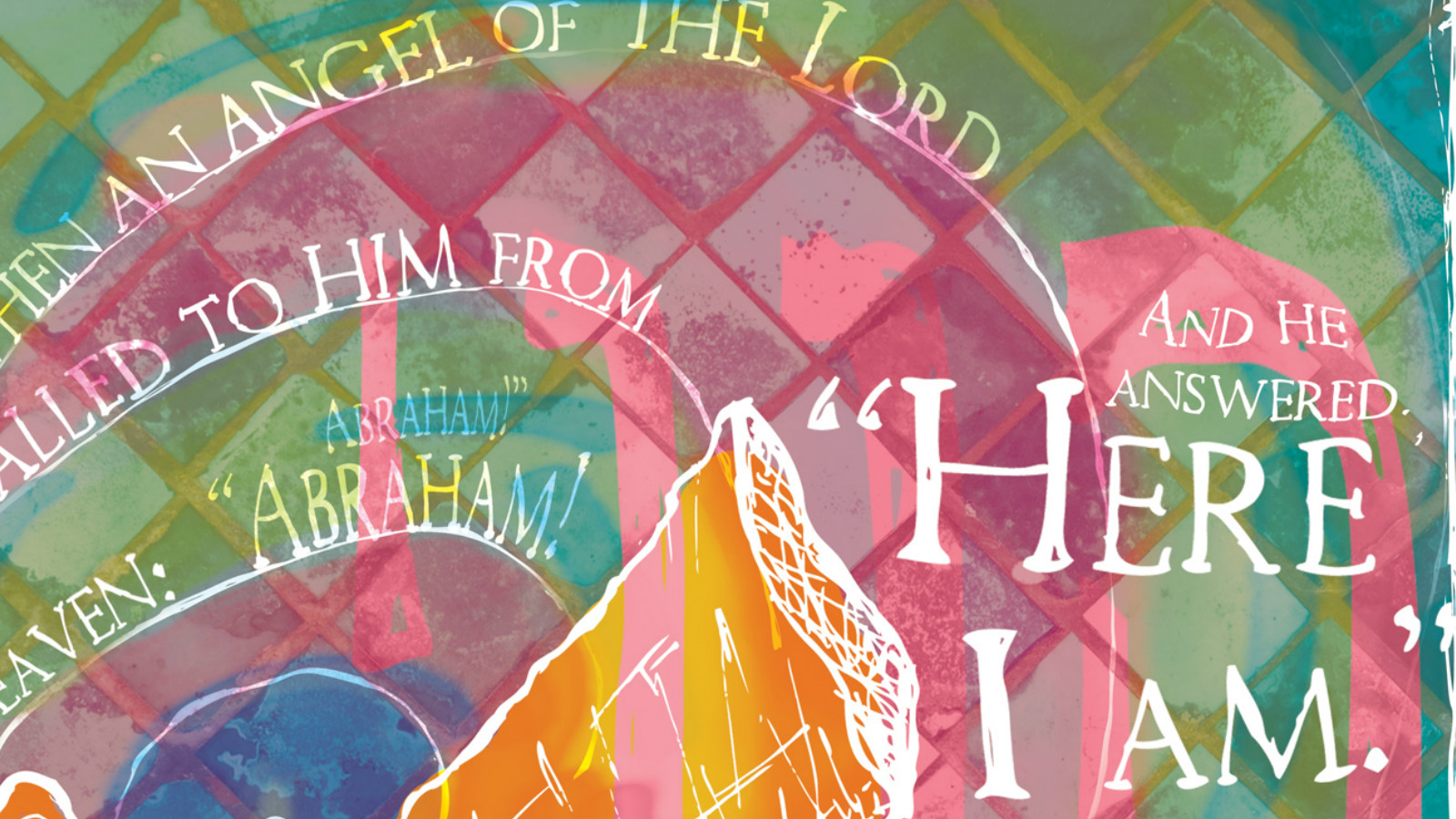
The Jewish new year features a large number of prayers that are said on no other day of the year except for Yom Kippur, which follows Rosh Hashanah by 10 days. The holidays are thematically similar and contain so many unique prayers that they have their own High Holiday prayer book, known as a mahzor. Below are some of the major prayers found in the mahzor.
Rosh Hashanah (and Yom Kippur) Liturgy
Unetanah Tokef: This liturgical poem is often considered the emotional pinnacle of the Rosh Hashanah service. It includes the famous passages ruminating on who shall live and die in the coming year, verses that inspired the well-known Leonard Cohen song “Who By Fire?”
Avinu Malkeinu (“Our Father, Our King”): This poem is recited on both Rosh Hashanah and Yom Kippur and often concludes with a line sung in unison by the congregation. Listen to the melody below:
With your help, My Jewish Learning can provide endless opportunities for learning, connection and discovery.
Tashlich: This prayer, commonly recited on Rosh Hashanah or immediately after, literally means to “cast away.” It is meant to be recited beside a body of running water and it is customary to cast away the contents of one’s pockets at the conclusion — symbolic of the casting away of sins.
Piyyutim: One of the central features of the synagogue service on Rosh Hashanah (and Yom Kippur) is the recitation of various piyyutim — liturgical poems, many of them centuries old, which are often recited responsively, one line by the cantor or prayer leader followed by a line recited by the congregation. The particular selections vary significantly from synagogue to synagogue, but there are some common ones.
Rosh Hashanah Torah Readings
Genesis 21:1–34 (About Genesis 21)
Genesis 22:1–24 (About Genesis 22)
Yom Kippur
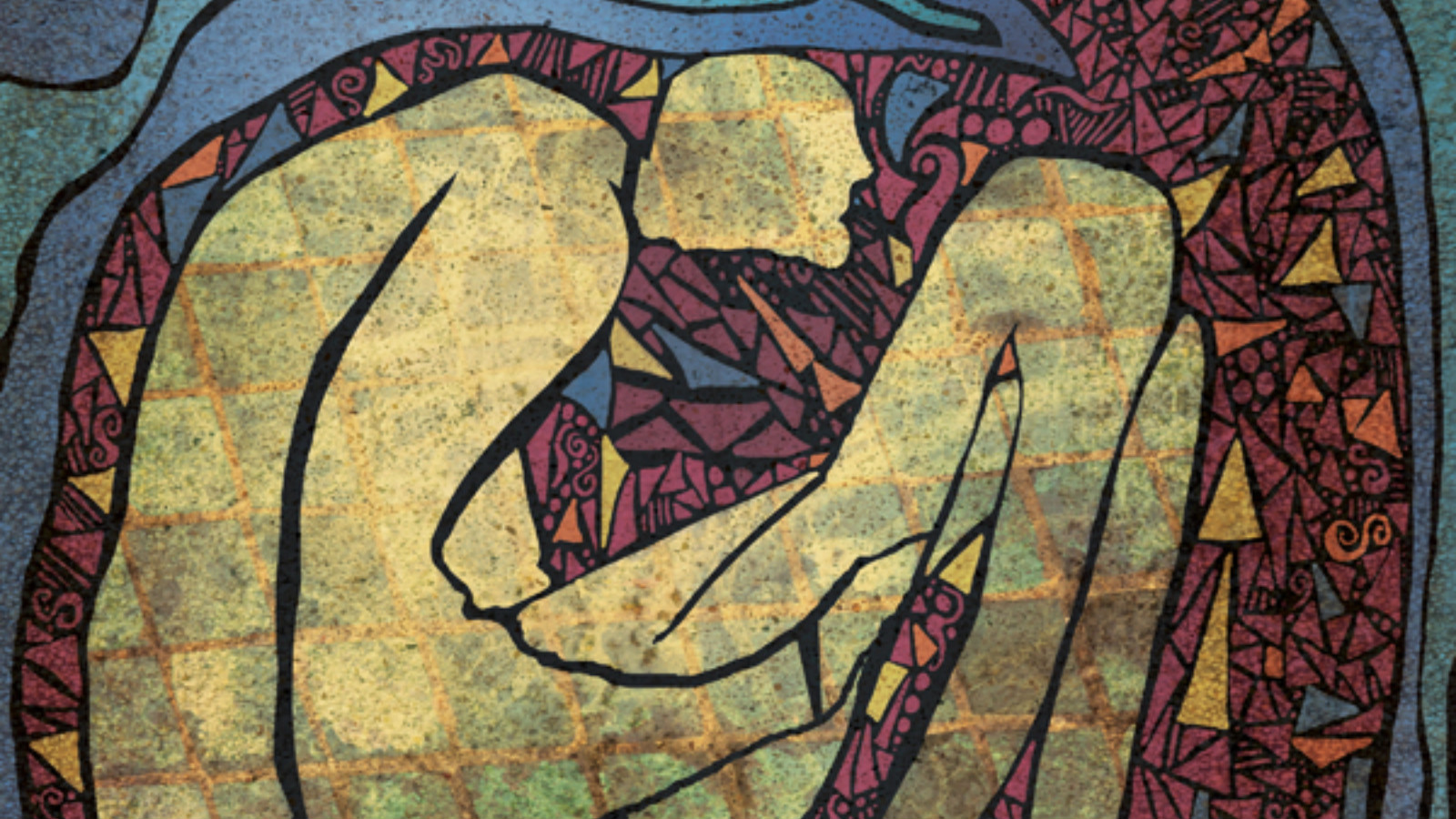
The holiest day of the Jewish calendar, the fast day of Yom Kippur includes many of the prayers recited on Rosh Hashanah, along with several additions.
Yom Kippur Liturgy (also see Rosh Hashanah liturgy above)
Kol Nidrei: The evening of Yom Kippur is sometimes called “Kol Nidre night” because of this prayer — the first recited communally as the day begins. Though technically not a prayer but a legalistic formula involving the renunciation of vows, Kol Nidre is nonetheless considered an emotional high point of Yom Kippur services.
Viddui: Literally “confession,” this prayer is recited multiple times in the course of Yom Kippur. It includes a lengthy list of types of sin, and it is customary to recite the list in a low voice, bent forward slightly, while beating the chest for each one.
Yizkor: Literally “May [God] remember,” Yizkor is a public service of bereavement. Traditions vary, but the service often includes prayers for departed members of the community, private prayers of remembrance for close family remembers, memorial prayers for specific groups (victims of the Holocaust, fallen Israeli soldiers), and the El Male Rahamim prayer recited at Jewish funerals.
The Ten Martyrs: During the repetition of the Mussaf (additional) service on the afternoon of Yom Kippur, it is customary to include a section that recounts the brutal deaths of 10 Torah sages at the hands of the ancient Romans.
Ne’ilah: Literally “closing of the gate,” Ne’ilah is the final service recited on Yom Kippur and is meant to evoke the closing of the gates of heavenly prayer and the final delivery divine judgment for the year ahead. It concludes with the proclamation of God’s kingship, the blowing of the shofar and the refrain “Next year in Jerusalem.”
Yom Kippur Torah Readings
Leviticus 16:1-34 (Summary)
Leviticus 18:1-30 (Summary)
Sukkot
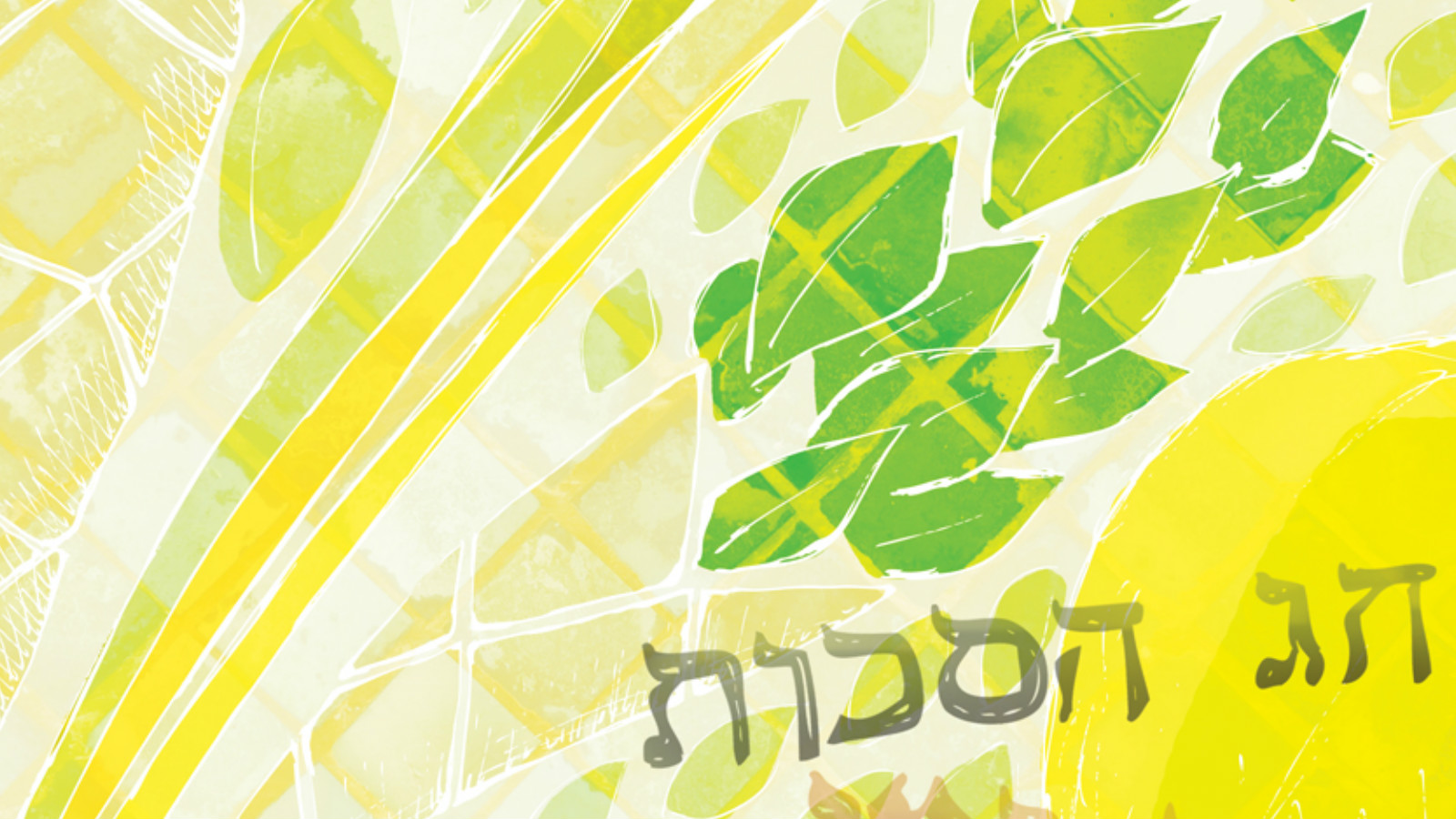
Unlike the High Holidays that immediately precede it, the festival of Sukkot has few specific prayers. Like Shabbat, there is an additional Musaf service recited during daytime services, as well as Hallel, a collection of celebratory psalms recited on most Jewish holidays.
There is also a special blessing recited upon sitting in the sukkah for meals, and another recited over the taking of the Four Species.
Sukkot Torah Reading
Leviticus 22:26 – 23:44 (Summary)
Shemini Atzeret / Simchat Torah
Immediately after the conclusion of Sukkot is the holiday of Shemini Atzeret / Simchat Torah. This holiday is one of two times during the year that Jews recite a prayer for weather — Tefillat Geshem (Prayer for Rain). It is recited immediately after Sukkot because rain on the holiday would make it impossible to sit in the sukkah.
Shemini Atzeret also inaugurates the inclusion of the phrase masheev haruach u-moreed hagashem (“Who causes the wind to blow and the rain to fall”) into the daily Amidah prayer, which continues until Passover. The memorial Yizkor service is also recited.
Shemini Atzeret/Simchat Torah Readings:
Deuteronomy 14:22-16:17 (Summary)
Deuteronomy 33:1-34:12 (Summary)
Hanukkah
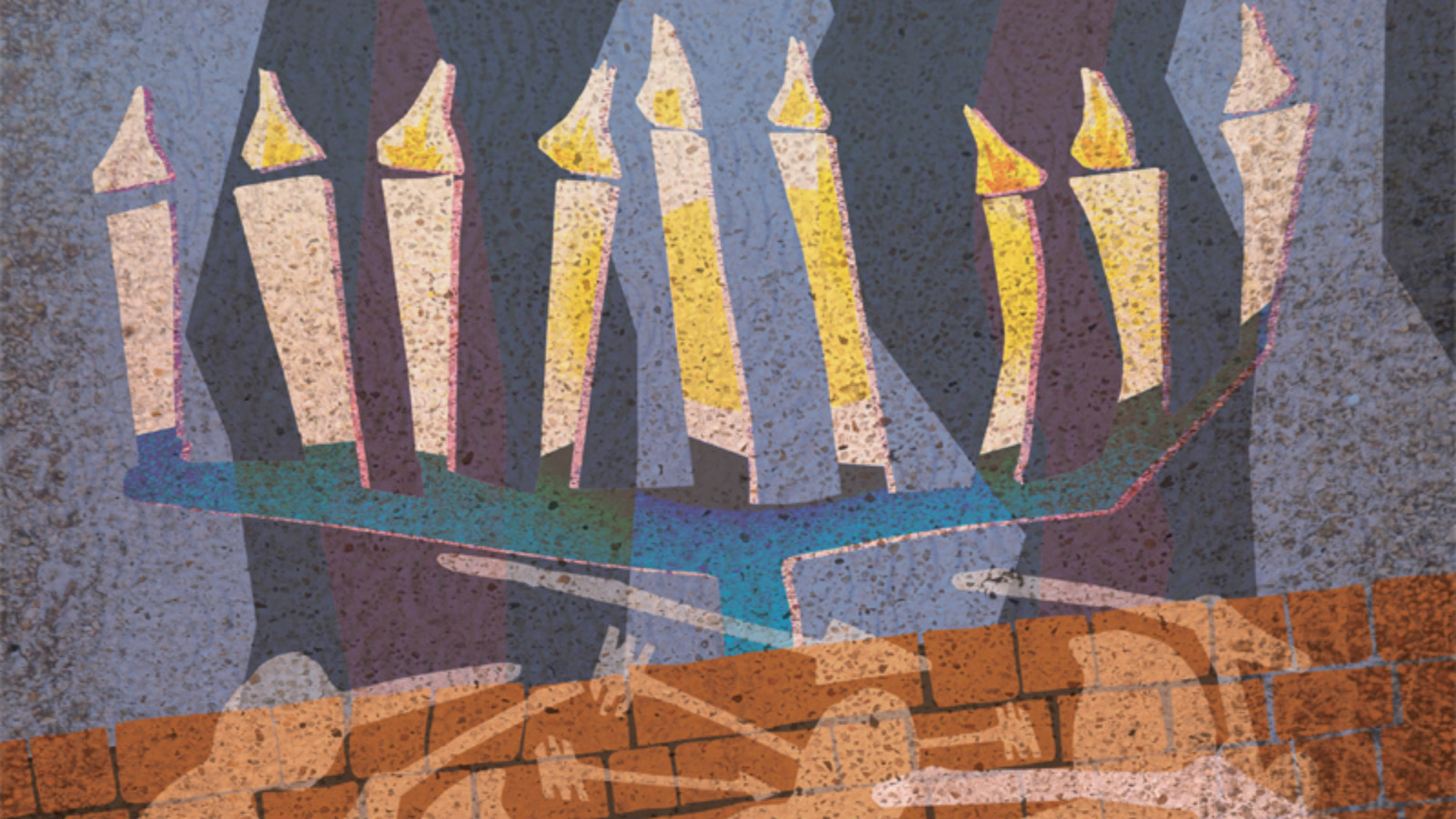
The eight-day festival of lights does not have any unique synagogue prayers associated with it. The Hallel service added to morning prayers on most holidays is recited all eight days of the holiday. There are special blessings associated with the lighting of Hanukkah candles at night. And a prayer of thanksgiving, Al Hanisim, is added to the daily Amidah prayer and to the Birkat Hamazon, the after-meal prayer, for the duration of the holiday.
Hanukkah Torah Reading
Numbers 7:1-8:4
Purim
Like Hanukkah, Purim has no specific synagogue prayers associated with it. The Book of Esther is traditionally read twice, at night and again in the morning. And a version of the Al Hanisim prayer recited on Hanukkah is added to the daily Amidah and the Birkat Hamazon.
Purim Torah Reading
Exodus 17:8-16
Passover
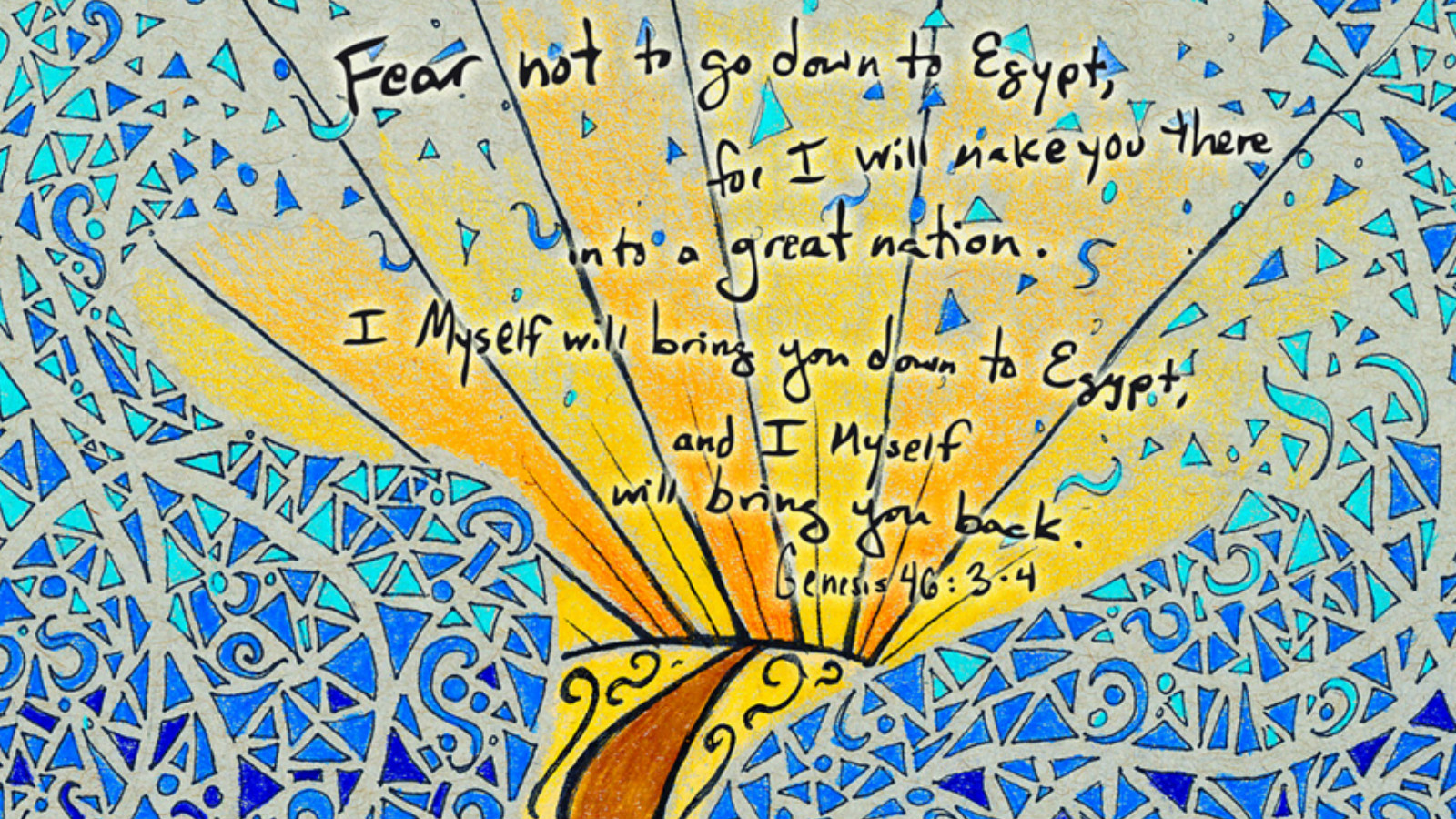
The highlight of the Passover holiday — the seder — occurs in the home rather than the synagogue, and is technically not a prayer (though it includes some prayers, like Hallel, which is also recited during synagogue services over the holiday). The Prayer for Dew — a counterpoint to the Prayer for Rain recited on Shemini Atzeret — is also recited on Passover. Yizkor and Hallel are both recited on Passover.
Passover Torah Readings
Exodus 12:21-51
Leviticus 22:26-23:44
Shavuot
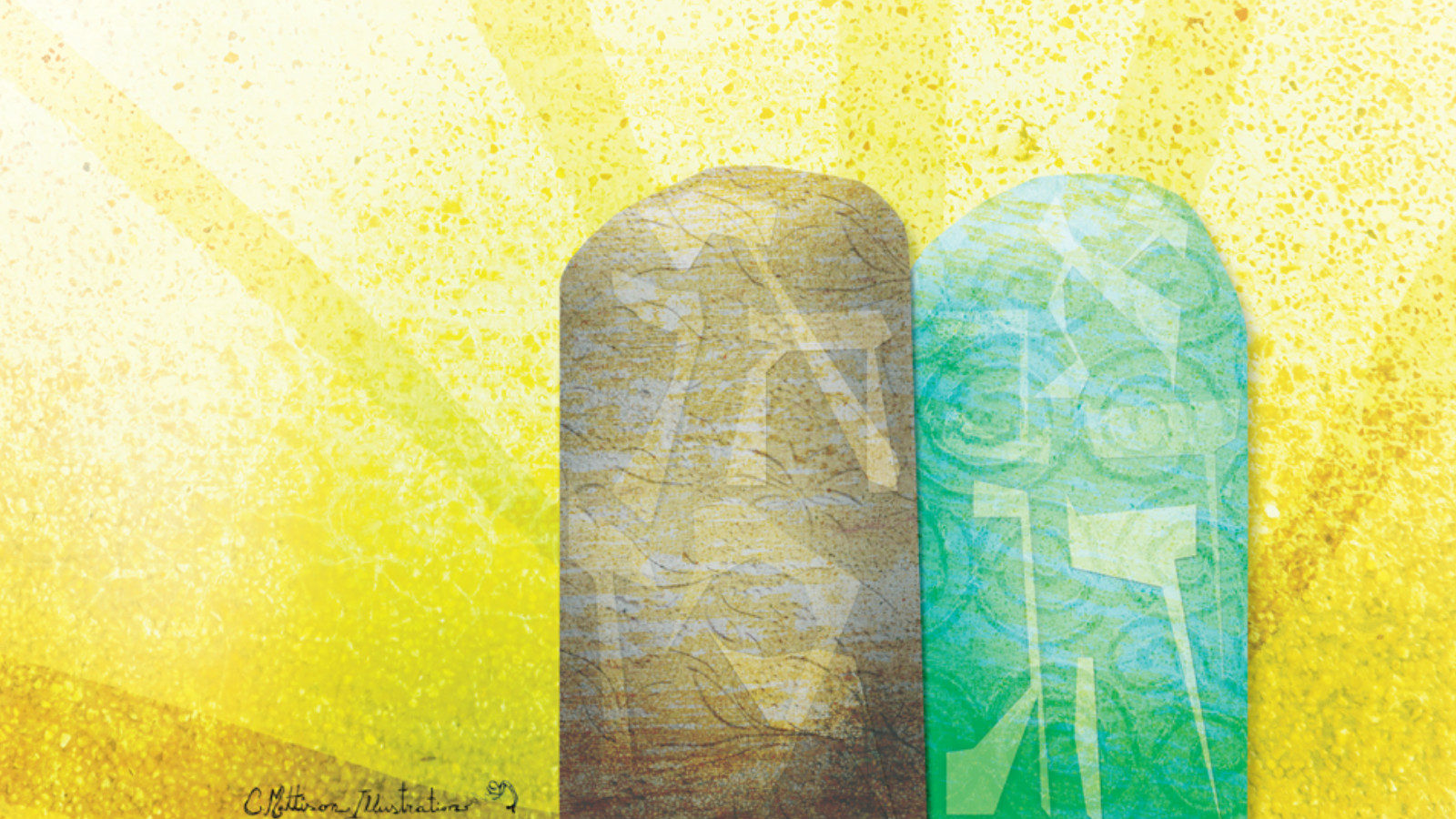
On the eve of Shavuot, it is customary in some communities to stay up all night studying Torah, sometimes using Tikkun Leil Shavuot as a guide.
During daytime synagogue services, a special Shavuot hymn is added, both Hallel and Yizkor are recited, and there is a reading of the Book of Ruth.
Shavuot Torah Readings
Exodus 19:1-20:23
Deuteronomy 14:22-16:17
Tashlich
Pronounced: TAHSH-likh (short i), Origin: Hebrew, literally “cast away,” tashlich is a ceremony observed on the afternoon of the first day of Rosh Hashanah, in which sins are symbolically cast away into a natural body of water. The term and custom are derived from a verse in the Book of Micah (7:19).
Mahzor
Pronounced: MAKH-zore, Origin: Hebrew, literally “cycle” the mahzor is the special prayer book for the High Holidays, containing all the liturgy for Rosh Hashanah and Yom Kippur.
Kol Nidre
Pronounced: kohl NEE-dray or kohl nee-DRAY, Origin: Aramaic, literally "all vows," this is the name for the service and central prayer on Yom Kippur eve, which is considered the holiest night of the year.
Yizkor
Pronounced: YIZZ-kur, Origin: Hebrew, literally “May God remember,” Yizkor is a prayer service in memory of the dead, which is held on Yom Kippur and on the last day of each of the three festivals, Passover, Shavuot and Shemini Atzeret.
Ne’ilah
Pronounced: NEE-luh or neh-ee-LAH, Origin: Hebrew, the closing service on Yom Kippur.


